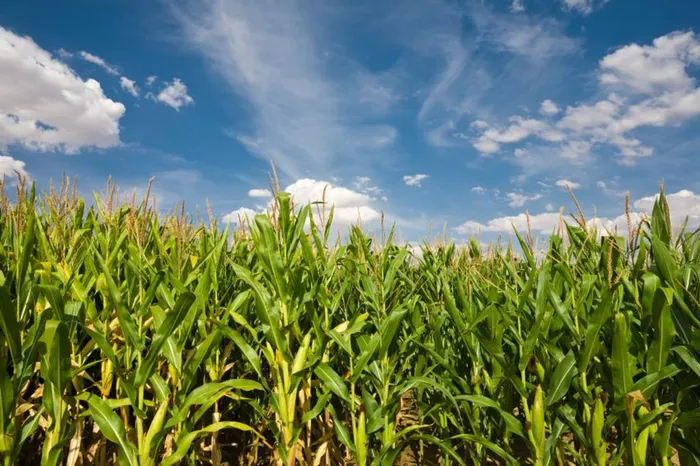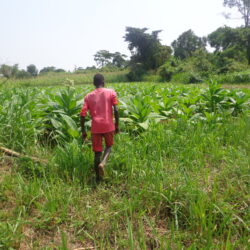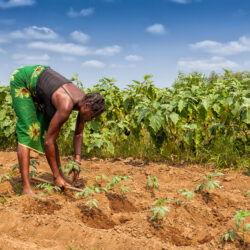HARARE – In a dramatic reversal of fortune, Zimbabwe has reinstated its ban on maize imports, a move lauded by the government as a victory for local farmers after a bumper harvest. The decision, announced by a senior official from the Ministry of Agriculture, signals a newfound confidence in the nation’s ability to feed itself, at least for now.
Obert Jiri, Permanent Secretary at the Ministry of Agriculture, stated, “We must protect local purchases from our local farmers.” This sentiment underscores a strategic shift aimed at bolstering the country’s agricultural backbone, which employs a staggering 70% of the population. The recent harvest, a stark contrast to last year’s El Niño-induced drought, yielded enough maize to meet the national annual consumption of 1.8 million metric tons.
This turnaround, however, masks a deeper, more troubling vulnerability. While the government’s Pfumvudza smallholder scheme has played a role in the recovery, the nation’s reliance on rain-fed agriculture leaves it perilously exposed to the whims of a changing climate.
Independent analyst Paul Chidziva warns that the current maize surplus is a temporary reprieve, not a permanent solution. “Zimbabwe’s agriculture sector remains vulnerable to droughts and other extreme weather events exacerbated by climate change,” he said. “The government’s promotion of drought-tolerant crops like sorghum and millet is a step in the right direction, but it’s a race against time.”
The ghosts of past droughts loom large. Just five years ago, Zimbabwe spent a staggering $300 million in foreign currency on maize imports, leaving more than half the population in need of food aid. The current surplus offers a rare opportunity for the government to fortify its food security strategy and build resilience against future climate shocks.
While the import ban is a welcome boost for local farmers, it is a band-aid solution to a long-term problem. The real test for Zimbabwe’s agricultural future lies in its ability to transition from a reliance on favorable weather to a more robust, climate-resilient farming system. Without this fundamental shift, the cycle of feast and famine will likely continue.




